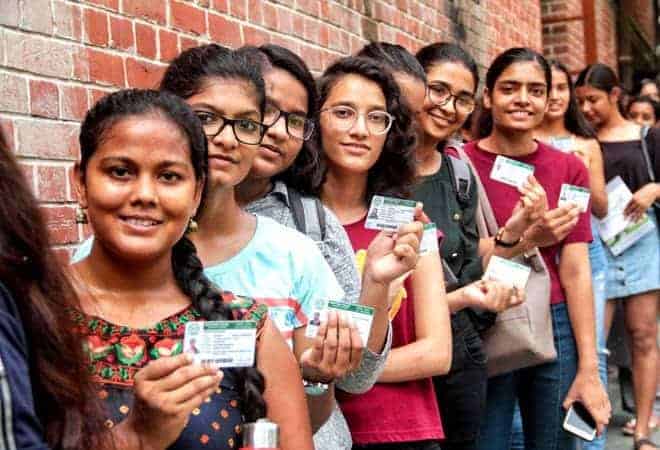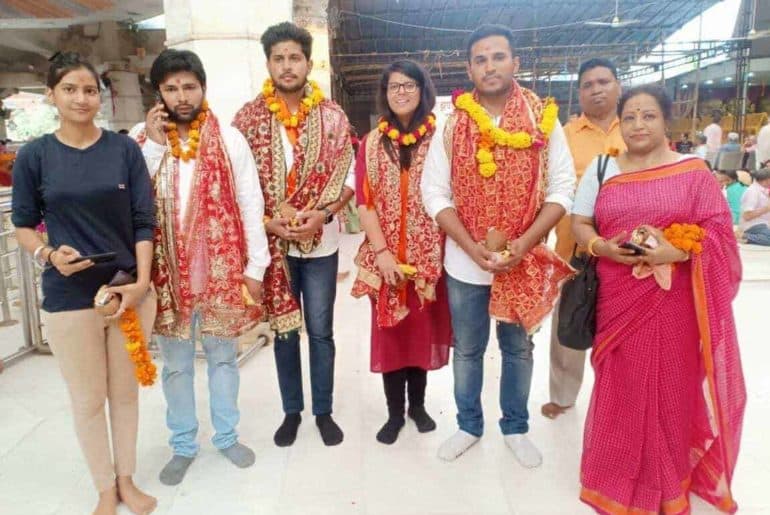Here’s a piece on how each of your actions matter and you at an individual level can bring up the changes for a brighter and better future by your own little deeds.
The Sustainable Development Goals have suddenly gained their required attention and have become the talk of the town.
But the question arises, what are they and how do they concern us? Are they just a matter of concern for international authorities like the United Nations which where behind its inception or can we do our part in executing them?
Understanding SDGs:
The SDGs are a set of 17 goals unanimously adopted by the member nations of the United Nations in order to make the vision come true of a world where the planet is protected and people live a life of peace and happiness in all spheres. These are also known as the ‘Global Goals’ and were created in 2015 with an aim in mind to achieve them all by 2030.
It might sound overambitious and all too daunting to aim to achieve every single one of them but here are some ways in which we can do our bit to achieve them.
SDG 02: No Hunger
Cook some food, go out and offer it to someone in need. Who knows one kind action on your part might just turn into the most wholesome and healthy meal a person gets in their entire day.
SDG 03: Good Health and Well Being
Take out time for yourself.Take a day off, read a book or just eat healthy. It’s the small actions that build strong bridges over the course of time.
SDG 04: Quality Education
If you are reading this article, consider yourself as the fortunate ones who have had access to not only education but internet and other facilities too. Take out an hour everyday or every alternate from your schedule to teach the children of the labourers working around you. One hour might be insignificant to you but it holds the might to bring changes in the life of a child.
SDG 12: Responsible Consumption and Production
It’s time to bring into action the words we learnt in childhood. ‘Reduce. Reuse. Recycle.’ is the need of the hour. Smallest acts such as carrying paper or jute bags are actions which can bring amazing changes not only in one’s actions but the environment too!
SDG 11: Sustainable Cities and Communities
Take the public transport! Having sustainable cities is vital for our survival. Small actions which can lead to reduction in pollution emissions or walking the distance are some of the tiniest changes which maximum positive benefits!
SDG 14: Life below Water
Quit straws and plastic bottles! These are two of the things most popular amongst usage but at the same time equally harmful if not more. Explore new alternatives like paper straws and support people bringing such unique initiatives across.
These are just a few of the many Global Goals ahead of us, ones which call and demand action from each one of us. This article is here, to get you brainstorming on how you can do your bit in achieving the goals for a sustainable tomorrow.
Imagine each one of us taking these steps even if that’s just once a week. What monumental changes we can bring across!
In the words of Ban Ki Moon, “Sustainable development is the pathway to the future we want for all. It offers a framework to generate economic growth, achieve social justice, exercise environmental stewardship and strengthen governance.”
Get up, get going. The world awaits you!
Image Credits: United Nations Development Program
Amrashree Mishra










